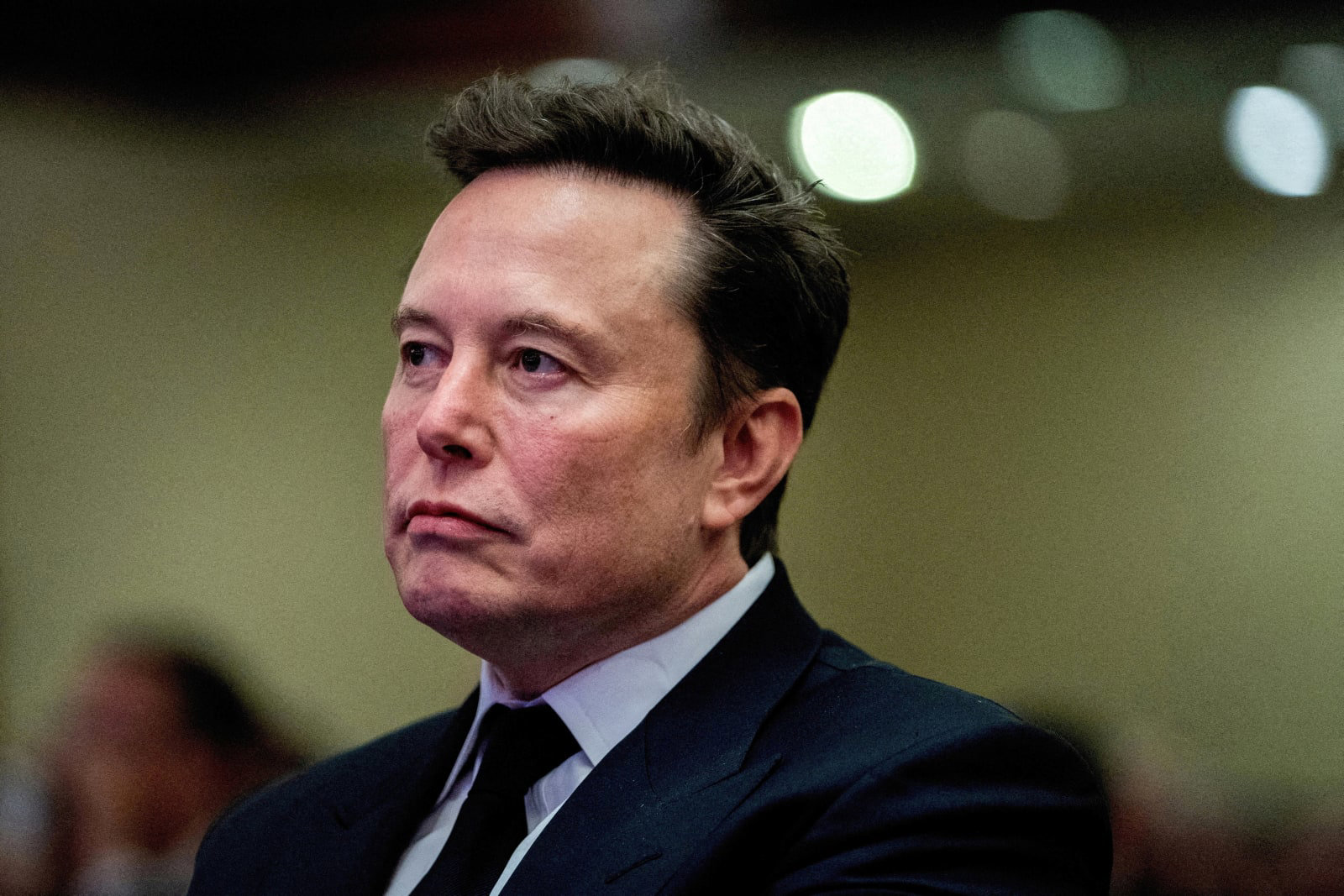Elon Musk, appointed by President Donald Trump to lead the Department of Government Efficiency (DOGE), has encountered significant legal challenges that impede his aggressive agenda to overhaul federal agencies.
In recent developments, two separate legal decisions have curtailed DOGE’s operations, raising questions about the department’s authority and Musk’s role within the federal government.
Judicial Intervention Restricts DOGE’s Access to Treasury Systems
On February 21, 2025, U.S. District Judge Jeannette Vargas extended a preliminary injunction preventing DOGE from accessing the Treasury Department’s systems responsible for managing government payments. This decision came in response to a lawsuit filed by 19 Democratic state attorneys general, who argued that DOGE’s involvement posed a risk of improper disclosure of sensitive information and lacked legal authority.
Judge Vargas emphasized that the Treasury’s mitigation strategies were insufficient, highlighting the chaotic implementation of DOGE’s initiatives. The White House and the Treasury Department declined to comment on the ruling. New York Attorney General Letitia James praised the decision, stating it protects private data and federal funds from unauthorized access.
This lawsuit is among several legal challenges confronting DOGE’s access to various federal systems, with mixed outcomes in other courts.
Office of Special Counsel Rules Against DOGE’s Firing Practices
In a separate but related development, the Office of Special Counsel (OSC) issued a ruling on February 24, 2025, determining that DOGE violated federal protocols in its termination of six employees. The OSC’s decision, released on February 25, suggests that the improper firing practices could have broader implications for the hundreds of thousands of federal employees dismissed by DOGE under Musk’s directive for “poor performance.” This ruling underscores concerns about the legality and fairness of DOGE’s rapid restructuring efforts within federal agencies.
Controversial Leadership and Constitutional Challenges
Musk’s appointment and the establishment of DOGE have been contentious from the outset. Created by President Trump without Senate confirmation, DOGE’s legitimacy has been scrutinized, raising constitutional concerns. Critics, including legal scholars and worker representatives, argue that DOGE’s actions undermine government efficiency and public service. The ambiguity surrounding Musk’s official role further complicates the situation. While the White House asserts that Musk serves merely as a “senior adviser to the President” without direct authority over DOGE, Musk portrays himself as a key figure dismantling bureaucracies at Trump’s behest. This contradiction has led to lawsuits and scrutiny from federal judges, with some suggesting Musk’s authority may undermine constitutional norms.
Internal Turmoil and Resignations Within DOGE
The legal setbacks coincide with internal turmoil within DOGE. On February 25, 2025, 21 engineers, data scientists, and other civilian workers resigned, citing security concerns and opposition to compromising core government systems. These resignations reflect growing dissent among staff regarding DOGE’s methods and objectives. Former employees have accused the department of firing skilled colleagues and mishandling sensitive data, actions they believe threaten the security and effectiveness of critical government systems.
Aggressive Overhaul of Federal Agencies
Since its inception, DOGE has aggressively targeted several federal agencies to eliminate perceived fraud, waste, and abuse of taxpayer dollars. The Department of Defense is under investigation for potential billions in misuse, and the Internal Revenue Service faces scrutiny with restricted access to sensitive taxpayer data. Cuts in administrative funding at the National Institutes of Health and mass layoffs across the federal workforce, including the Centers for Medicare and Medicaid Services, have been executed. These initiatives have faced legal challenges, political opposition, and workforce resistance. Critics highlight concerns over conflicts of interest, especially given Musk’s involvement with agencies his businesses partner with.
Legal and Political Ramifications
The recent legal decisions against DOGE signify a critical examination of the department’s authority and Musk’s influence within the federal government. The judiciary’s intervention underscores the importance of adhering to established legal and constitutional frameworks, even amid efforts to reform government operations. As legal challenges continue, the future of DOGE and its initiatives remains uncertain, with potential implications for the balance of power between the executive branch and independent oversight bodies.
Conclusion
Elon Musk’s ambitious endeavor to restructure federal agencies through DOGE has encountered formidable legal obstacles that question the department’s legitimacy and operational methods. The dual legal setbacks not only impede DOGE’s immediate objectives but also prompt a broader discourse on the constitutional boundaries of executive power and the necessity for transparent, accountable governance. As the situation unfolds, the interplay between legal scrutiny, political dynamics, and administrative actions will shape the trajectory of DOGE and its impact on the federal landscape.








